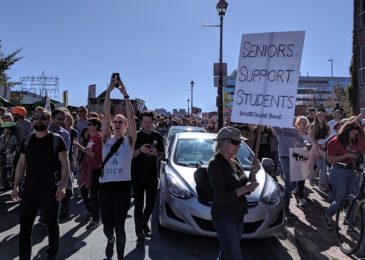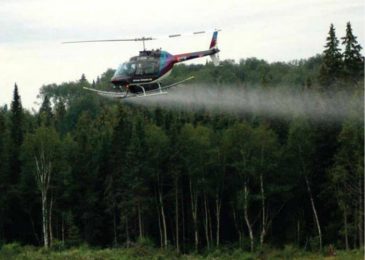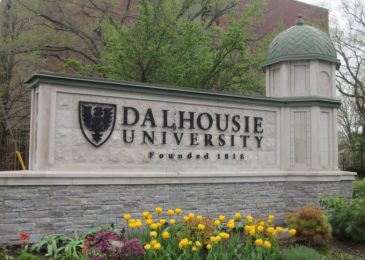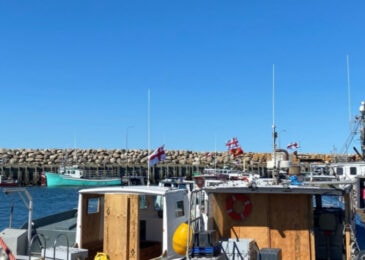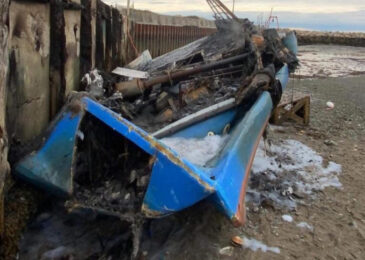How young people’s futures are on the ballot this month in Nova Scotia
From investment in arts and culture, a living wage, food insecurity, affordable housing and transit, to tackling the climate crisis and decolonizing our city, all these issues are affected by the upcoming municipal elections, writes reporter Stephen Wentzell.

